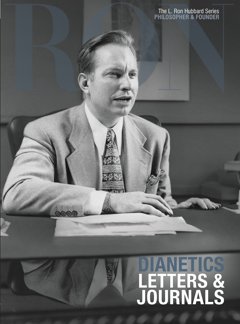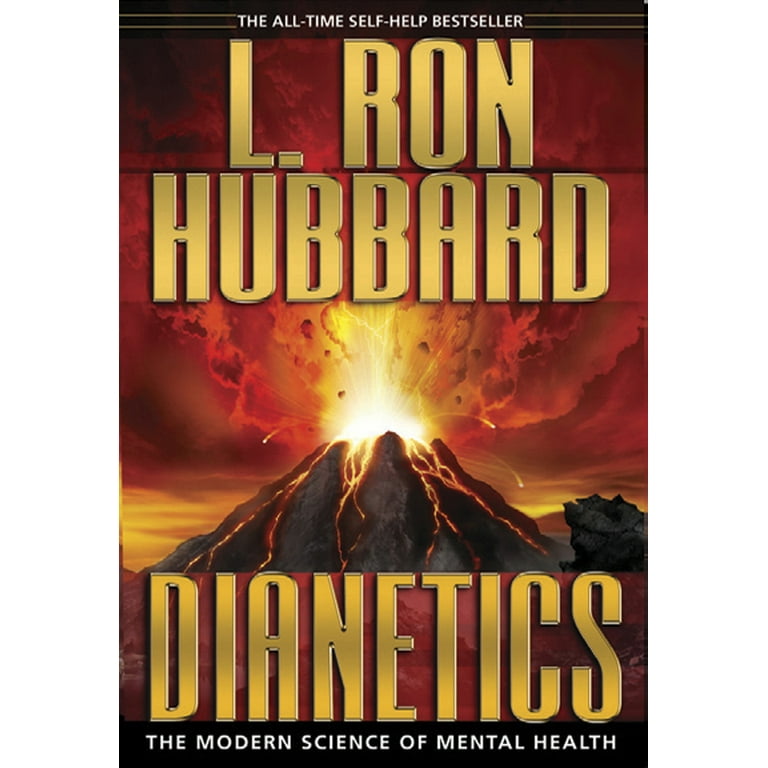The Main Principles Of Dianetics
Wiki Article
Dianetics Can Be Fun For Everyone
Table of ContentsUnknown Facts About DianeticsA Biased View of DianeticsIndicators on Dianetics You Need To KnowUnknown Facts About Dianetics
I could not ever not intend to receive anything that enters your mind for you- if it was or else, I wouldn't be resting below with you, doing this. I not just could never ever have a problem, or not intend to listen to something that enters your mind for you, but I'm entirely eager to recognize every concept, every idea, every photo or sensation that emerges or shows up for you- don't ever think otherwise, and if somehow you do, please just let me understand! Sometimes, you may have a thought, and picture, concept or case pop up that does not appear to respond to the question, or connect to it, however however, always do tell me concerning it, and as we proceed, the significance will emerge for you.This is fundamental in the basis of handling, and the subject of this conversation: the basic duties of the counselor and the customer: The basic duty of the counselor is, as opposed to "common training", not to manage, which means to apply and/or prevent, however to rather work from the basis of EMPOWERING THE CUSTOMER.

A Biased View of Dianetics
John Mcmasters expressed this standard fact incredibly well in among his lectures on Power handling, in which he describes just how he was asked what this "unique flair" was that he had for giving such excellent sessions; he had to think of that for a moment, and spotted that it was what he had not been doing, along with what he was doing: he wasn't evaluating, judging, computing, or actually, producing any type of ideas, allow alone spoken expressions, after giving the command and while waiting for the PC to complete their response to their satisfaction; he was, just and just, existing with the computer, and completely interested.The role of the therapist, demonstrated; that was his "unique flair". I have actually had my very own experience which educated me this well, really early on in the game. In 1982, having recently finished my training and internship on New Era Dianetics, I was running this on a PC, and there was a factor in the session where (being a bit damp behind the ears not yet having several hours under my belt as a professional auditor) the PC seemed to be "taking too lengthy" to express anything vocally after I offered him a command.
This secret ended up being the most valuable payment that John ever made to the subject of treatment or auditing (Dianetics). In my modest viewpoint, it is the greatest contribution that anyone has actually ever before made to these subjectsthe application is entirely non-judgemental, non-evaluative, and without any kind of pointer, advice or opinion.no preconceived schedule for individuals, or 'levels' that they should do
In Idenics, the only source of information about a client is the specific customer. In Scientology we prided ourselves on not evaluating for people. But all that really meant get redirected here was that the auditor did not VERBALLY evaluate for the PC in session. The registrars and values policemans reviewed for the computer.
Top Guidelines Of Dianetics

Anybody who had actually ever before seen John audit could not aid but observe a distinct high quality in his auditing."The customer's basic function is to be there with the objective of relocating the instructions of their spiritual objectives, and to openly and completely reveal and experience whatever shows up for them in responding to the inquiries and implementing the directions in the processing.
This is something to process as needed. Also, individuals regularly have prior experience and/or indoctrination in auditing/processing which, in some means, and to some degrees, really misleads them right into perspectives, concepts and actions patterns that stop the complete awareness of these functions, and so they will certainly have a tendency to hinder the expressing of what comes to mind, as in the examples offered above - Dianetics. * The very first, and possibly leading instances of mis-indoctrination causing less than totally smooth and reliable sessions, can be discovered visit here in particular aspects of the training routines, or "TR's":"TR's" are often a person's very first, or at the very least early, experience in Scientology, and while I will certainly go on to describe what I see as the problems in principle and method, nevertheless, have a tendency to be considerably therapeutic, done as they are offered (Hubbard urges that "TR's are not processing, they are educating", but factually, they are both processing AND training)
There is no "flunking", and no denial of the fact of this being handling. The emphasis, as it should be, is on experiencing the other person's presence.
The 8-Minute Rule for Dianetics

Report this wiki page